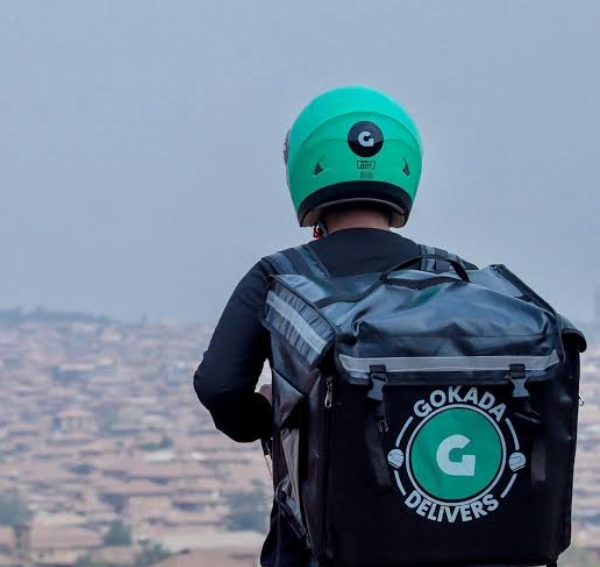Nigerian mobility company Gokada entered bankruptcy proceedings in Delaware on, marking a significant turn for the once-thriving Lagos-based enterprise. The company filed for Chapter 11 protection to restructure its operations while managing outstanding debts, though the filing indicates unsecured creditors may face complete losses.
The company’s story began in 2017 when Fahim Saleh and Deji Oduntan launched their motorcycle ride-hailing service in Lagos. Their vision addressed the city’s persistent transportation challenges, quickly gaining traction among commuters seeking reliable mobility solutions. The company demonstrated early commitment to service excellence, even temporarily suspending operations in 2019 to enhance rider training and service standards.
A major setback struck in 2020 when Lagos State implemented restrictions on commercial motorcycles in key metropolitan areas. This regulatory change forced Gokada to rapidly transform its business model, shifting focus to logistics and food delivery services. The company launched several initiatives including G-Boat for water transportation and GoMedic for medical delivery services, while forming strategic partnerships with established platforms like Jumia Food.
The company faced additional challenges with the tragic loss of CEO Fahim Saleh in July 2020, creating a leadership vacuum during its critical transformation period. Despite innovative pivots and diversification efforts, Gokada struggled to achieve sustainable profitability in its new operational domains.
The impact of Lagos’s motorcycle restrictions extended beyond Gokada, affecting numerous players in the urban mobility sector. Competitors such as MAX.ng and ORide underwent similar business model transitions, highlighting broader industry challenges. The regulatory changes significantly altered Lagos’s urban transportation landscape, eliminating a popular commuting option for many residents.
Gokada’s current bankruptcy filing represents a crucial moment for Nigeria’s urban mobility sector. The proceedings will determine whether the company can successfully reorganize and maintain operations while addressing its financial obligations. The outcome holds implications not only for Gokada’s future but also for the evolution of urban transportation solutions in Lagos and similar rapidly growing African cities.
 We just launched our WhatsApp channel. Want to get the latest news from the Tech in Africa?
We just launched our WhatsApp channel. Want to get the latest news from the Tech in Africa?



